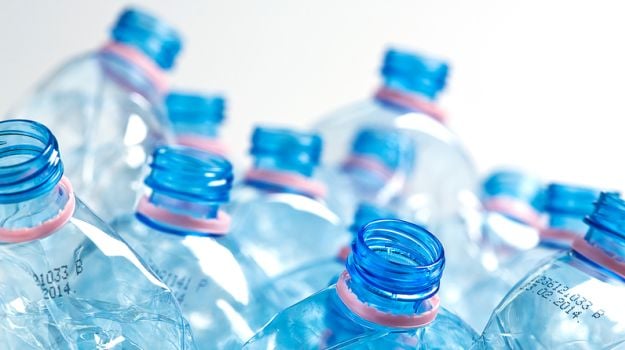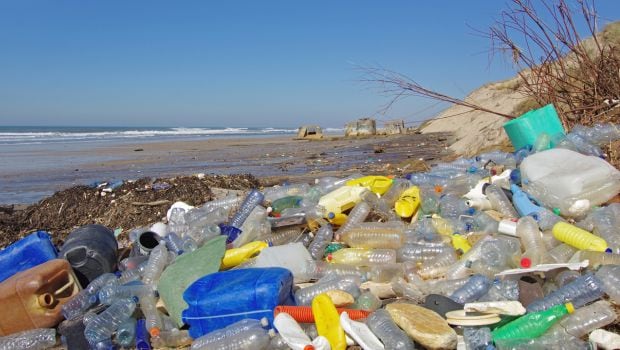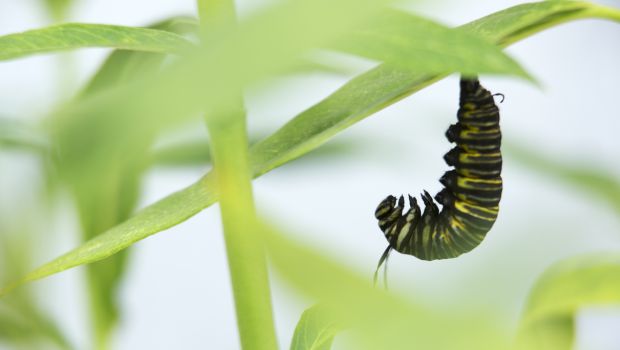Even the bio-degradable variants take at least six months to breakdown completely. Experts believe that this particular variant of plastic - the bio-degradable one - is contributing to climate. Scientists and experts have been trying to device ways to put the growing menace of plastic pollution on hold. While experts in Germany tried providing leaf-made plates as an alternative to regular plastic cutlery, design student in the UK worked on a revolutionary idea of edible water-bottles without any inclusion of plastic or artificial agents. The recent to join the bandwagon are experts from the UK who have found a commercially bred caterpillar to be able to quickly break down polythene bags.

Researchers, including those from the University of Cambridge, UK, exposed around a hundred wax worms to a plastic bag. Holes started to appear after just 40 minutes and after 12 hours there was a reduction in plastic mass of 92 milligramme (mg) from the bag, researchers said. A spectroscopic analysis was conducted to confirm that the chemical bonds in the plastic were breaking."The caterpillars are not just eating the plastic without modifying its chemical make-up. We showed that the polymer chains in polyethylene plastic are actually broken by the wax worms. The caterpillar produces something that breaks the chemical bond, perhaps in its salivary glands or through symbiotic bacteria in its gut," said Paolo Bombelli of University of Cambridge.

The study was published in the journal Current Biology and noted that the degradation rate was extremely fast as compared to other recent discoveries. "If a single enzyme is responsible for this chemical process, its reproduction on a large scale using biotechnological methods should be achievable," Bombelli said.
This discovery could give a huge boost to developments in the direction of curbing the rapid increase in plastic pollution.Images via iStock
Inputs from PTI









